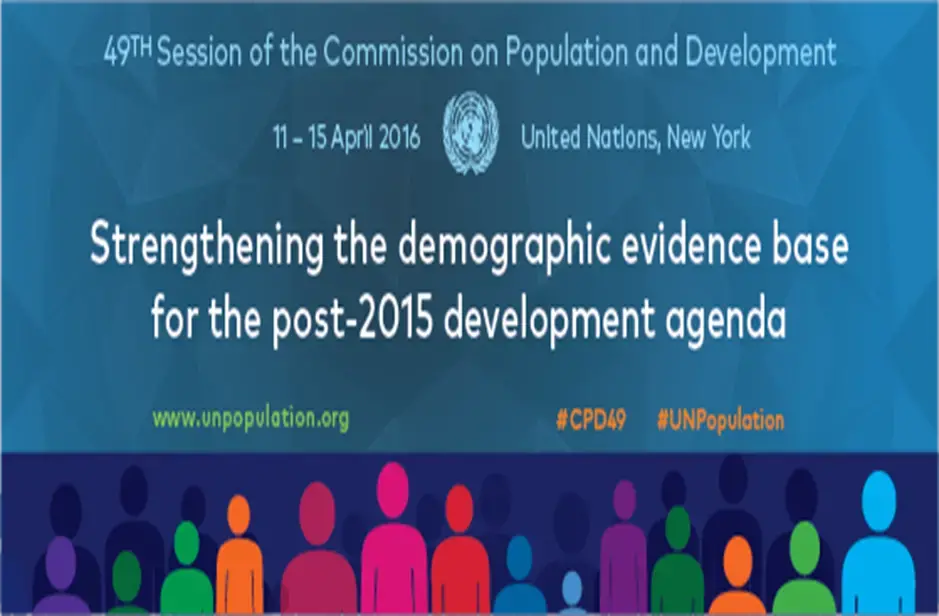This guidance note is meant to assist humanitarian actors, youth-led organizations, and young people themselves across sectors, working at local, country, regional, and global levels in their response to the novel coronavirus pandemic. It begins diagnostically, exploring the impacts of coronavirus disease (COVID-19) on young people. It then proposes a series of actions that practitioners and young people can take to ensure that COVID-19 preparedness, response plans and actions, are youth-inclusive and youth-focused – with and for young people. Recommendations are structured around the five key actions of the Compact for Young People in Humanitarian Action: services, participation, capacity, resources, and data. Where available, the recommended actions are accompanied by resources and concrete examples, which can inform approaches and support implementation. The Compact will iteratively update this document as the pandemic unfolds in the coming weeks and months.
From the start of the COVID-19 pandemic, one of the defining messages has been that older persons are more affected. Yet health and nonhealth impacts on young people are proving to be significant. A common understanding of these impacts and the role young people are playing in driving solutions is essential to the pandemic response. The repercussions of COVID-19 will extend beyond health and well beyond the pandemic time frame. This global crisis is exacerbating existing vulnerabilities and inequalities.1 All of these impacts are further amplified in humanitarian contexts where fragility, conflict, and emergencies have undermined institutional capacity and limited access to services.





